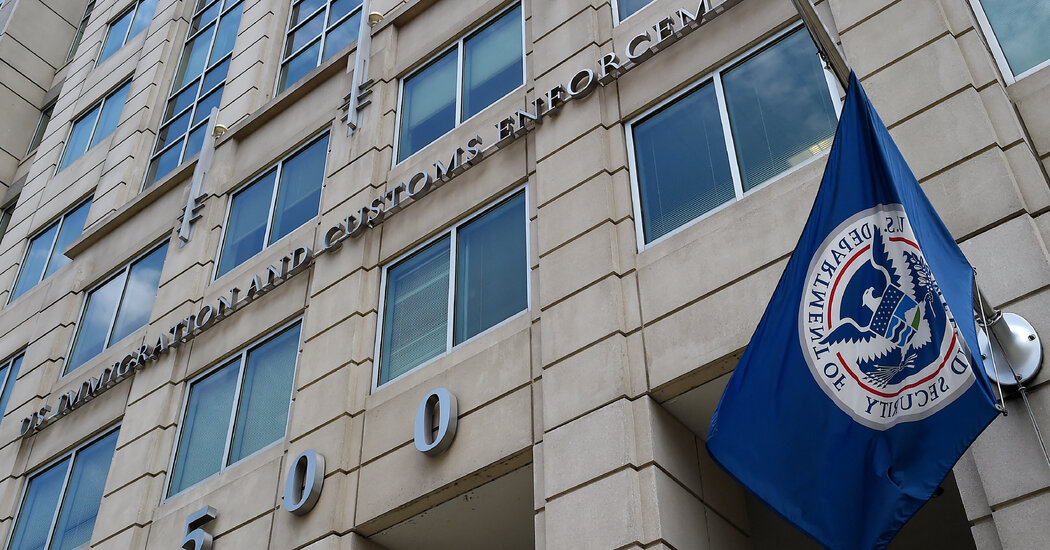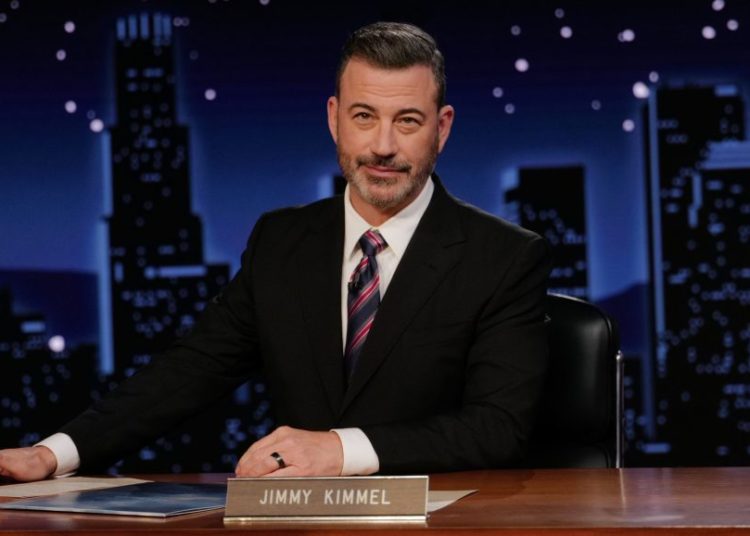Members of Norman Rockwell’s family denounced the Department of Homeland Security’s use of the artist’s work in a series of social media posts that the family said misrepresented his beliefs.
The posts, made in recent months to the D.H.S.’s Facebook, Instagram and X accounts, paired some of Rockwell’s well-known paintings of 20th-century Americans with nationalistic slogans such as “Protect our American way of life” and “DEFEND your culture,” to promote the Trump administration’s anti-immigration efforts.
In an opinion essay published Sunday in USA Today, Rockwell’s son and other descendants wrote that the paintings had been used without the family’s authorization and that the artist would be “devastated” to see his work “marshalled for the cause of persecution toward immigrant communities and people of color.”
“We — as his eldest son, grandchildren and great-grandchildren — believe that now is the time to follow in his footsteps and stand for the values he truly wished to share with us and all Americans: compassion, inclusiveness and justice for all,” they wrote.
The essay cited three posts — one from August and two from September — that featured paintings by Rockwell. In one, the caption “Protect our American way of life” runs under Rockwell’s “Salute the Flag,” a 1971 painting that depicts a multigenerational crowd of mostly white people gazing at a billowing American flag.
In another post, a 1923 painting of Daniel Boone as he appears in the reverie of a man working at a typewriter (titled “And Daniel Boone Comes to Life on the Underwood Portable”) is captioned “Manifest Heroism.”
A third post overlays Rockwell’s 1946 painting depicting several men working on the Statue of Liberty’s torch with the phrase “PROTECT your homeland DEFEND your culture” and the address of a U.S. Citizenship and Immigration Services website.
Writing in USA Today, Rockwell’s descendants pointed to a body of political work — including his painting “The Problem We All Live With,” which shows U.S. marshals escorting a young Ruby Bridges as she desegregates her New Orleans elementary school — that belies his association with the mythology of a more racially homogeneous midcentury America.
“The scarcity of people of color in Rockwell’s paintings has led those who are not familiar with his entire oeuvre to draw the conclusion that his vision was of a White America, free of immigrants and people of color,” the descendants wrote. “But nothing could have been further from the truth.”
A representative from the Department of Homeland Security responded to a request for comment on Tuesday with a link to a news release from August that accused the news media of insufficiently covering the crimes of illegal immigrants.
“Instead of telling these horrific and tragic stories,” the release said, “the media chooses to write stories on how artists are not happy with our social media and claims of appealing to ‘white identity.’”
As of Tuesday afternoon, the posts using the Rockwell paintings remained on the D.H.S.’s social media accounts.
The Rockwell family’s objection to the posts is not the first time the department, under the Trump administration, has been criticized for using creative work to advance its policies.
Last month, one of the original art directors of the video game Halo called a post from the department featuring imagery and language from the game “absolutely abhorrent.” In September, the comedian Theo Von successfully called on the department to take down a post that included a video clip of him, arguing that “when it comes to immigration, my thoughts and heart are a lot more nuanced than this video allows.”
And in July, the family of Thomas Kinkade requested that the department take down a post featuring his painting “Morning Pledge,” which depicts the raising of a U.S. flag in a small town. The D.H.S. had shared an image of the painting with the caption “Protect the Homeland.”
Last summer, after the department posted an image of “American Progress,” John Gast’s 1872 portrayal of Manifest Destiny, with the caption “A Heritage to be proud of, a Homeland worth Defending,” some scholars denounced the post as racist and historically inaccurate.
Reggie Ugwu is a Times culture reporter.
The post Norman Rockwell’s Family Condemns Homeland Security’s Use of His Work appeared first on New York Times.




